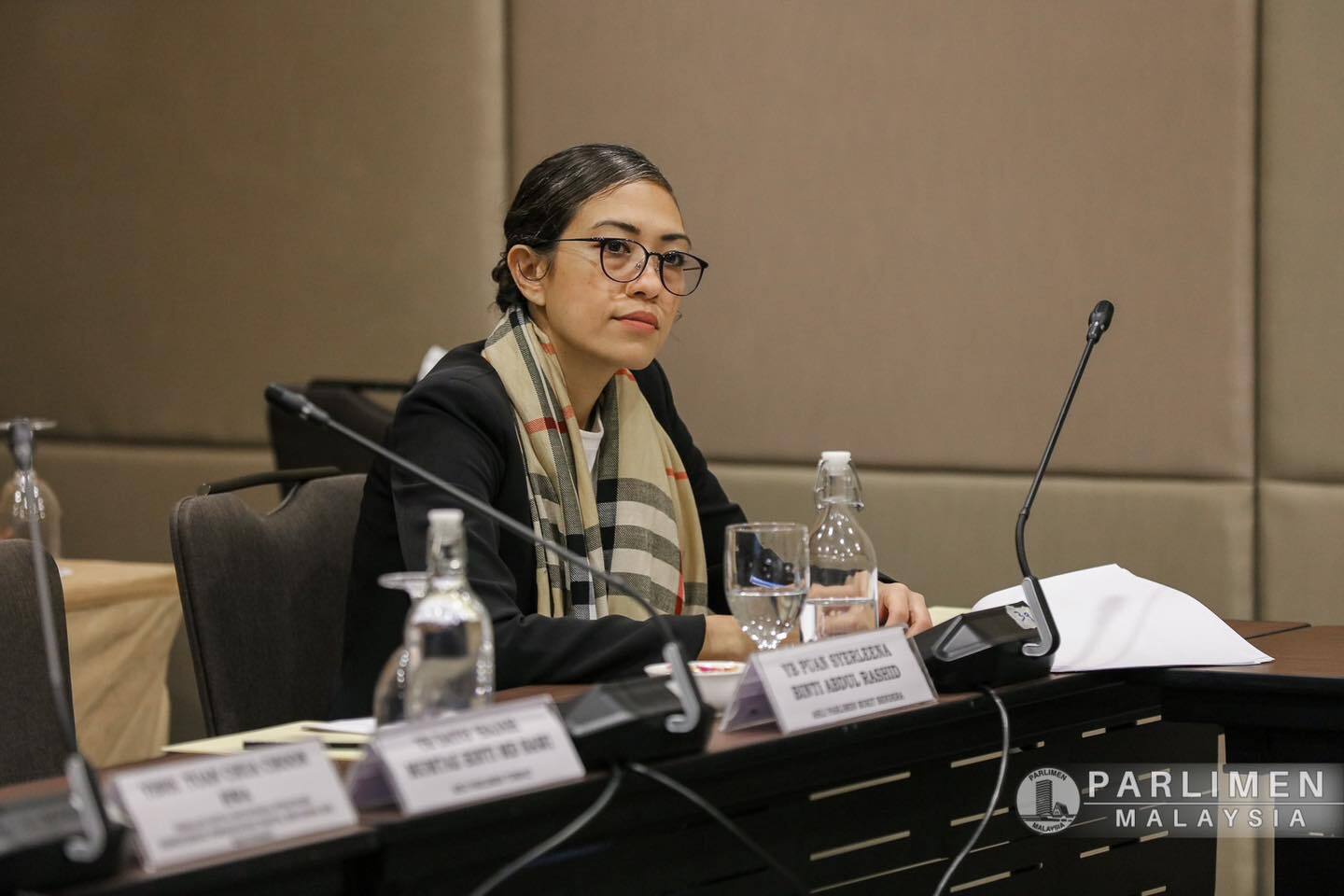An ageing nation is defined as the increase of a population’s median age due to factors like longer life expectancy and declining birth rates.
Malaysia is currently experiencing this demographic transition, with projections indicating that about 15 per cent of the population will be elderly by 2030.
According to a study carried out by the World Bank, at least 14 per cent of the population is expected to be 65 and above by 2044, with this age group expected to exceed 20 per cent of the population by 2056, giving the country the status of a “super-aged nation”.
Undoubtedly, this phenomenon carries a mixture of opportunities and challenges, and policymakers at every level must carefully assess both pros and cons in order to strategically formulate effective frameworks.
The Malaysian government has already implemented several measures, such as revising the retirement age, strengthening health care services tailored for the elderly, and revising existing pension schemes and other social safety nets.
However, these steps are more reactive than proactive, and may not offer a sustainable long-term solution.
An ageing population brings a reservoir of wisdom and experience. Older citizens can serve as mentors, advisors, or even active participants in various sectors.
In Japan, which has one of the oldest populations globally, elderly citizens regularly perform community services, fill consultative roles, and do part-time employment, thereby enriching the larger community, both economically and socially.
Conversely, there are downsides to an ageing population. In general, older people will require more medical care and support, which could result in a strained health care system and an overburdened pension scheme.
Italy serves as a case in point, where the country is currenlty grappling with increased health care costs and pension system deficits due to its ageing demographic.
Focusing on “ageing well” programmes that emphasise preventive health care can be beneficial. Prioritising wellness activities and early disease detection for the elderly could delay the onset of age-related illnesses, reducing health care costs over time.
Investments in public health programmes targeting the elderly also provides a good framework for such initiatives and can generate public interest in this matter.
Technology also offers viable solutions. Smart homes, telemedicine, and assistive technology can support independent living for the elderly, lessening the burden of health care facilities and caregivers.
Another strategy to better manage an ageing population is to strengthen the workforce. This can be achieved by reversing the brain drain, which has seen an exodus of skilled Malaysian professionals to other countries.
According to the Ministry of Human Resources, 1.86 million Malaysians have migrated overseas, and roughly 1.13 million are residing in Singapore.
Initiatives to retain local talent should include better job opportunities, competitive salaries, and enhanced career development programmes,
Additionally, inviting young and skilled immigrants to work in Malaysia can also rejuvenate the workforce. Canada’s immigration policy serves as a useful model, where the influx of young talents has managed to offset the impact of an ageing populace.
Well-regulated immigration policies can lead to the implementation of points-based systems for evaluating applicants, and are aimed to meet the country’s cultural, economic, and social objectives.
However, such a suggestion could also pose a certain level of controversy, especially with certain groups who may see foreign talents as a threat to national security.
Brain drain reversal and attracting young foreign talent can be pivotal strategies in balancing the demographic scales. Offering competitive salaries, tax incentives, and career growth opportunities can entice both Malaysian professionals working abroad and young talents from other countries to contribute to Malaysia’s development.
This blend of local and international expertise can also foster innovation and economic growth, aiding in the sustainable management of an ageing population.
Malaysia’s journey towards becoming an ageing nation should not be seen as a negative development, but rather, something that can be viewed positively. The wisdom and experience of older citizens are invaluable assets, therefore, understanding the challenges we may face will make us better prepared, as we steer our nation to greater heights.
A multi-faceted approach by leveraging technology can help Malaysia not only cope with, but also capitalise on, an ageing demographic transition.
Syerleena Abdul Rashid is the Member of Parliament for Bukit Bendera.
- This is the personal opinion of the writer or publication and does not necessarily represent the views of CodeBlue.





